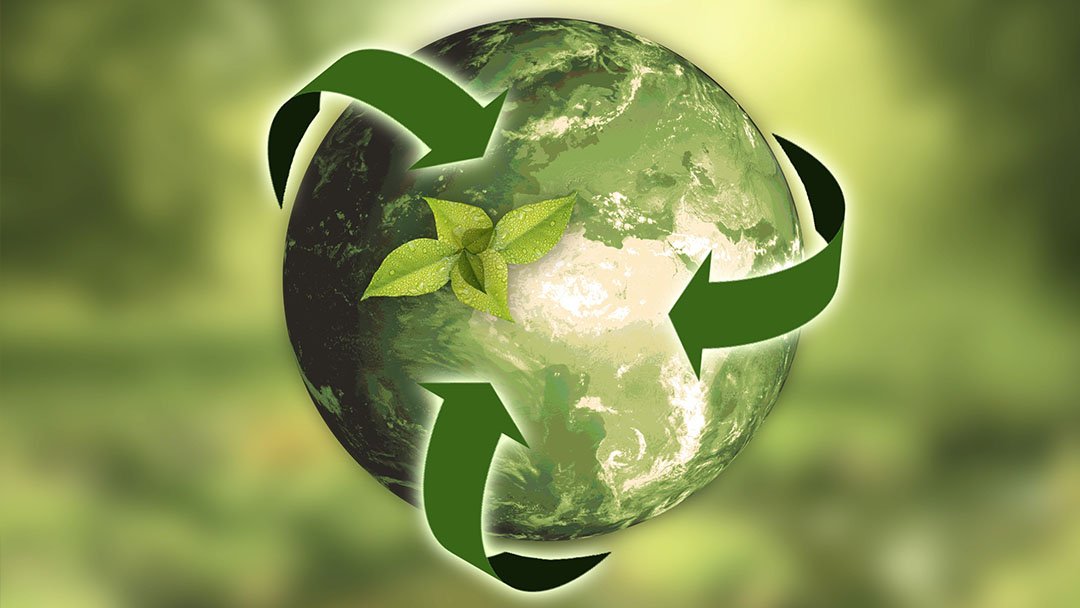‘Eco-friendly‘, ‘sustainable’, ‘organic’…it can be a little confusing with these terms being mentioned in the textile industry. Even though they seem similar in meaning, there are some differences. So let’s start with the basics;
- Eco Friendly: environment friendly, not harmful to the environment
- Sustainable: the ability to exist constantly
- Organic: manufactured using organic production systems
Organic and eco-friendly textiles are grown with natural fertilizers such as compost, without any harmful pesticides and chemicals. The entire production and manufacturing process should be environmentally friendly, resulting in an end fabric which is biodegradable.
In order for a fabric to be certified as ‘organic’, strict regulations are ensured throughout the manufacturing process, taking into account factors such as water and energy consumption. Our organic cotton range carry the Global Organic Textile Standard certification (GOTS) which represents the ultimate in ecological and sustainable production.
‘Sustainable’ fabric refers to eco-friendly resources, such as sustainably grown fiber crops or recycled materials. Sustainability encompasses various environmental, social and economic factors while focusing on preserving the environment for future generations. Think reduce, reuse and recycle 🙂
Silky Jaya’s eco-friendly fabrics
Natural fibers
- Organic Cotton: This plant based fabric is hypoallergenic, breathable, absorbent & biodegradable. Organic cotton uses much less water and energy than conventional cotton.
- Hemp & organic cotton: Hemp is a sustainable crop which grows easily, is naturally resistant to pests and diseases and doesn’t require chemical processing. This plant based fabric has dense durable fibres which are breathable, antibacterial and biodegradable. Our Hemp Cotton fabric is made with 55% hemp, 45% organically grown cotton according to Organic Content Standard (OCS).
- Linen: Linen is a sustainable fabric made from flax fibres. It’s easily a favourite when it comes to garments being suitable for every season. Linen is breathable, hypoallergenic, durable and biodegradable. We have a range of 100% linen fabrics and linen blends which carry the Oeko-Tex Standard 100 certification and European flax standard for premium linen fibres.
- Ramie: Ramie is one of the strongest natural fibers and is from a type of nettle plant. Also known as China grass or Grass linen, ramie fabric breathes well and is naturally resistant to bacteria, molds and mildew. It’s a sustainable fiber source however it still requires chemicals in the manufacturing process.
Regenerated fibres
Man-made fibres can also be Eco-friendly Fibers
Regenerated fibers are natural materials (such as cellulose and wood pulp) that have been processed into a fiber structure. Bamboo, Rayon, Viscose, Lyocell, Tencel, Modal and Cupro are fabrics all part of the same family.
- Bamboo: considered a sustainable fabric (similar to hemp), it’s fast growing and naturally resistant to pests and diseases. We could say it is ‘semi eco friendly’ as it does require chemicals to turn it into fabric. Bamboo based fabric is super soft, breathable, absorbent and wrinkle resistant. It’s thermal regulating and hypoallergenic.
- Livaeco Viscose: This fabric is 100% sustainable and biodegradable and sourced from Forest Stewardship Council (FSC) sustainable forests. FSC certifies forests all over the world to ensure they meet the highest environmental and social standards. This Rayon fabric is produced in a closed loop system (similar to Cupro and Tencel) where the chemicals and water used in production can be extracted and recycled.
- Lyocell: is a form of rayon which is manufactured from wood pulp, usually eucalyptus trees. This fabric is sustainable, absorbent, breathable, wrinkle resistant, durable, super soft silky texture and biodegradable. Lyocell is also known as Tencel however Tencel ™ is actually a brand name owned by Austrian company Lenzing AG for an improved fabric from lyocell fibre.
- Cupro: also known as vegan silk. It’s smooth, hypoallergenic, thermo regulating, durable and biodegradable. Curpo is produced in a closed loop system (like eco rayon and Tencel) where the chemicals and water used in production can be extracted and recycled.

